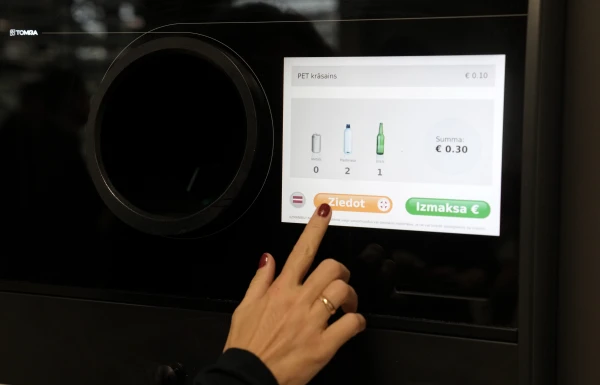
In a society where busyness and constant productivity are valued, the idea that laziness might be the key to a long and healthy life can seem absurd.
But new research proves that laziness is what is needed for longevity. This idea is revolutionary, especially in places where busyness is often equated with success. The concept of 'strategic laziness' contradicts the belief that activity is necessary for good health. Instead, it promotes a lifestyle where rest and relaxation are just as important as movement.
Implementing the principles of 'strategic laziness' in life does not mean giving up all activity. It is about finding a balance that allows you to live fully, free from stress. So allow yourself to slow down and adopt a calm approach to life – it will help you live longer and become healthier.
Rest Prolongs Life
Humans have twice as much energy per unit of body mass compared to most animals. This means they have the potential to live up to 130 years! However, the pace – a leisurely walk or a frantic sprint – is entirely up to you. And contrary to popular belief, excessive physical exertion can be harmful, while rest and recharge can extend your life.
Rules to Help You Live Long
Sleep is a Priority
This is one of the important yet often ignored components of health. During sleep, the body recovers, and the brain processes and organizes information.
Chronic sleep deprivation is linked to numerous health problems, including obesity, heart disease, and depression.
Embracing laziness means allowing yourself to rest without guilt. Aim to sleep for 7-9 hours and establish a calming bedtime routine that helps you relax.
The Art of Doing Nothing
In today's fast-paced world, time spent doing nothing may seem like a luxury. If you allow yourself to take a break, it will reduce stress levels, enhance mental clarity, and boost your creativity.
This does not mean you should be idle all the time; rather, throughout the day, you should find moments for 'recharging.' Take regular breaks, sit quietly, breathe, and step away from the hustle.
Movement at a Comfortable Pace
While physical activity is crucial for health, it does not have to be intense or exhausting.
Researchers recommend choosing a suitable pace. Light exercises, walking, stretching, or yoga can be just as beneficial as high-intensity workouts, especially if done consistently. The key is to stay active in a way that is enjoyable.
Mindful and Slow Eating
If you adopt a moderate approach to food and practice mindful eating, you can establish a healthy relationship with food. Savor each bite, pay attention to its texture, and listen to the feelings of hunger and fullness that your body signals.
Do not rush, chew slowly, and focus on the sensation of eating. Listen to your body to avoid overeating.
Joy in Simple Things
Cultivate a sense of satisfaction, whether it is through spending time with loved ones, hobbies, or enjoying a beautiful day. These small joys can enhance your well-being.
Make time for activities that bring you joy and practice gratitude for the positive aspects of life.
Limiting Commitments
They can lead to emotional burnout and exhaustion. Learn to say 'no' and set clear boundaries to save time and energy. By focusing on what truly matters, you can reduce stress and maintain a healthy balance in life.
Be selective in your commitments and do not hesitate to decline requests that do not align with your priorities.
Listen to Your Body's Signals
Researchers emphasize the importance of paying attention to physical and emotional needs.
✓ If you are tired, then rest;
✓ If you are hungry, then eat;
✓ If you are stressed, then find ways to relax.
Ignoring these signals can lead to chronic stress and illness, while adhering to them will strengthen your health in the long run.













Leave a comment